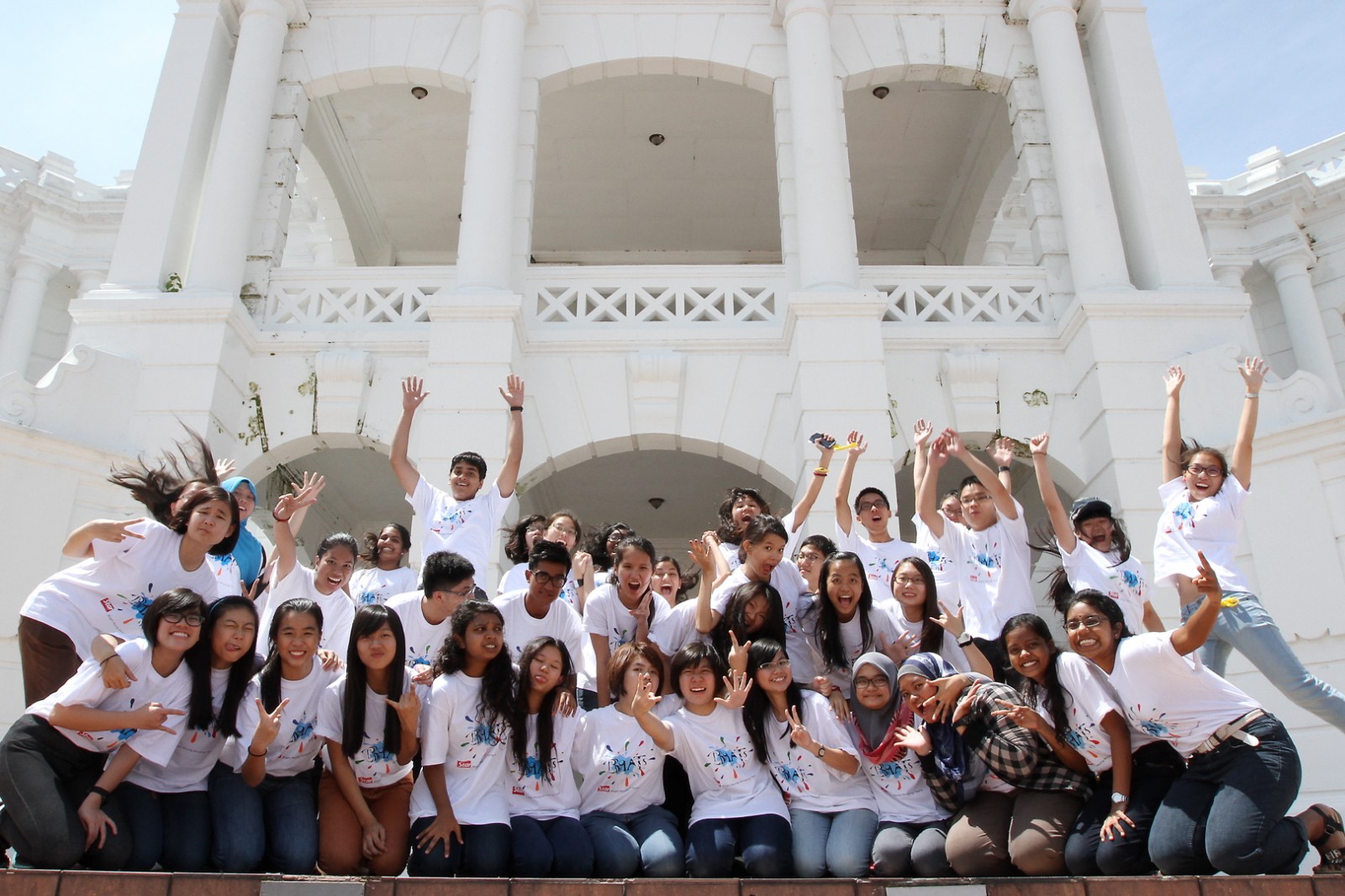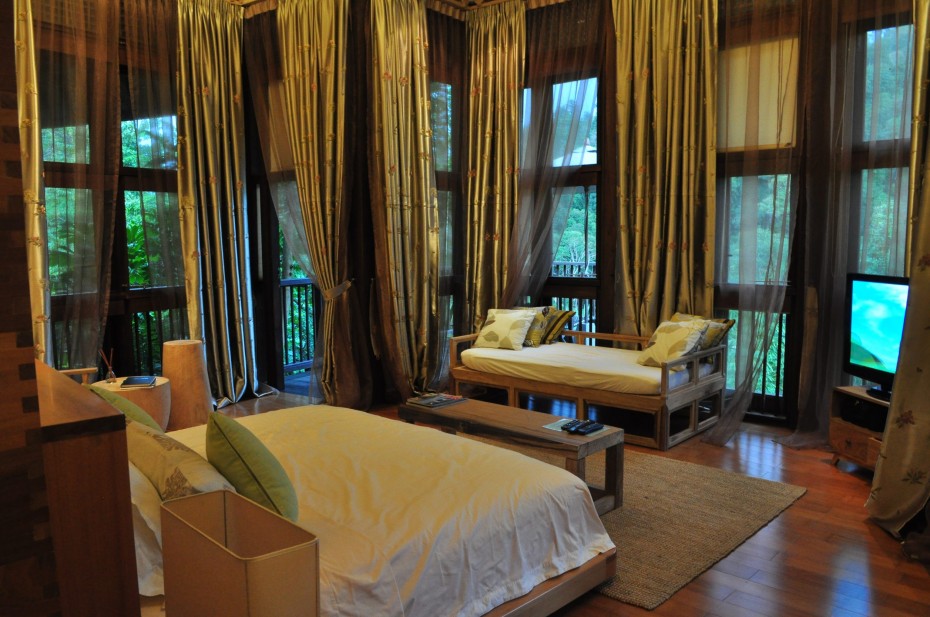IT’S finally here! The BRATs Raub young journalist camp is happening tomorrow, and our team of journalists from R.AGE and The Star are already in Raub, Pahang today preparing to teach the 35 participants all about journalism.
The participants will be arriving tomorrow, so if you see a bunch of mini-journalists roaming the streets of Raub over the next four days with their cameras and notepads in hand, don’t be alarmed. They probably just want to hear your story!
The camp will be based at the amazing Casabrina resort, a one-of-a-kind six-star resort in the foothills of Raub.
It will definitely be an educational and fun-filled experience for the participants, as we have got so much in store for them.
They will be introduced to various aspects of journalism, including writing, interviewing, photojournalism, videojournalism and much, much more!
They’ll also be given the opportunity to show off their skills and all they’ve learnt from the workshops during specially-arranged field assignments.

Participants of BRATs Raub will be visiting the amazing Kuala Gandah elephant sanctuary this Friday.
That’s right! Participants will be experiencing journalism for real, doing interviews, photoshoots, video hosting and so much more, all under the watchful eyes of our team.
At the end of the camp, the participants will receive certificates and officially become BRATs journalists, reporting for us throughout the year.
And on March 31, we will publish all their stories, photos and videos, which you can check out here and on rage.com.my/brats.
* BRATs is The Star’s young journalist programme, organised by R.AGE. For more info, go to rage.com.my/brats.









Tell us what you think!